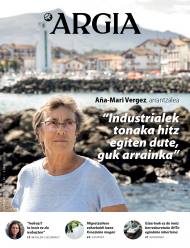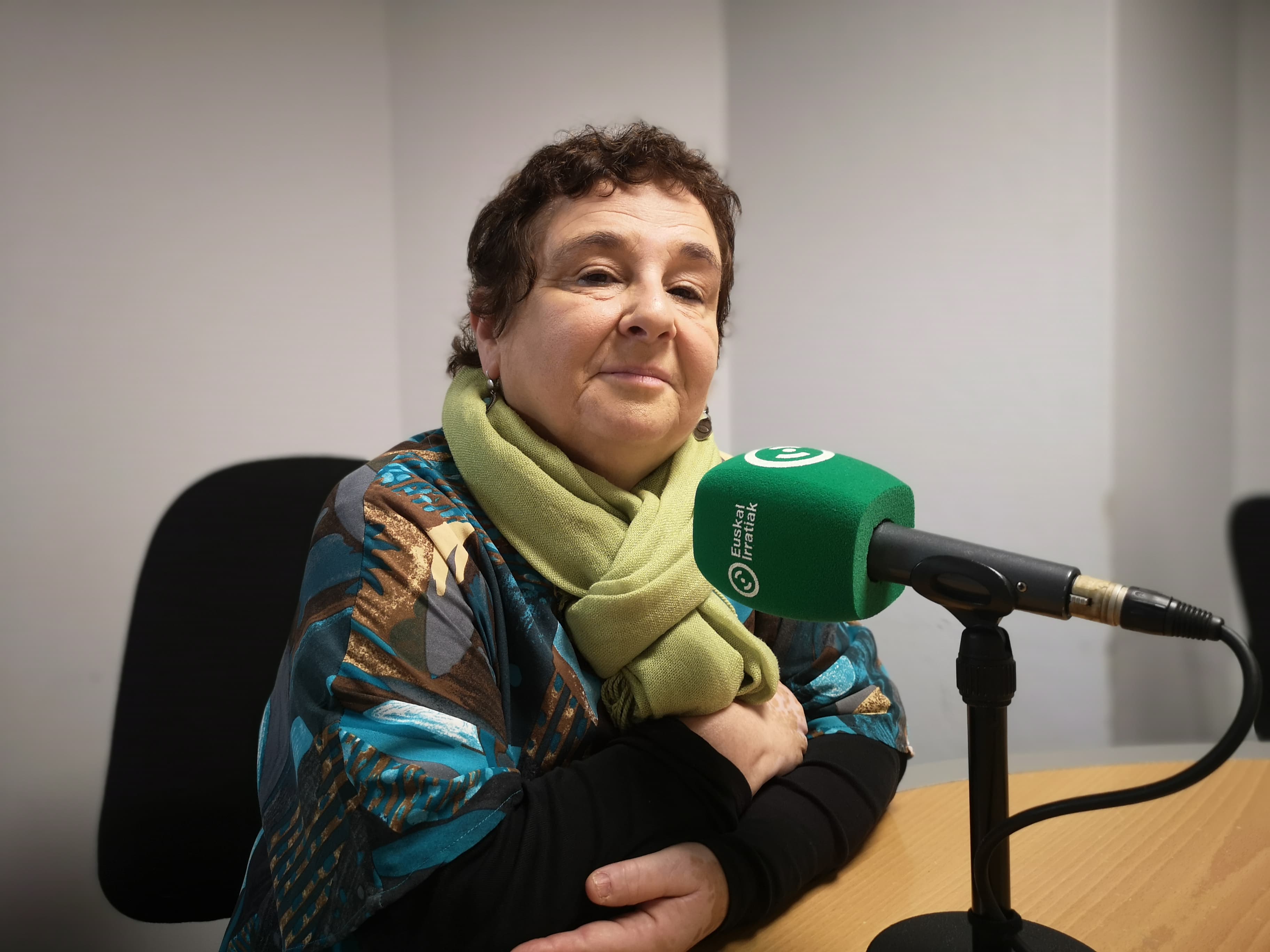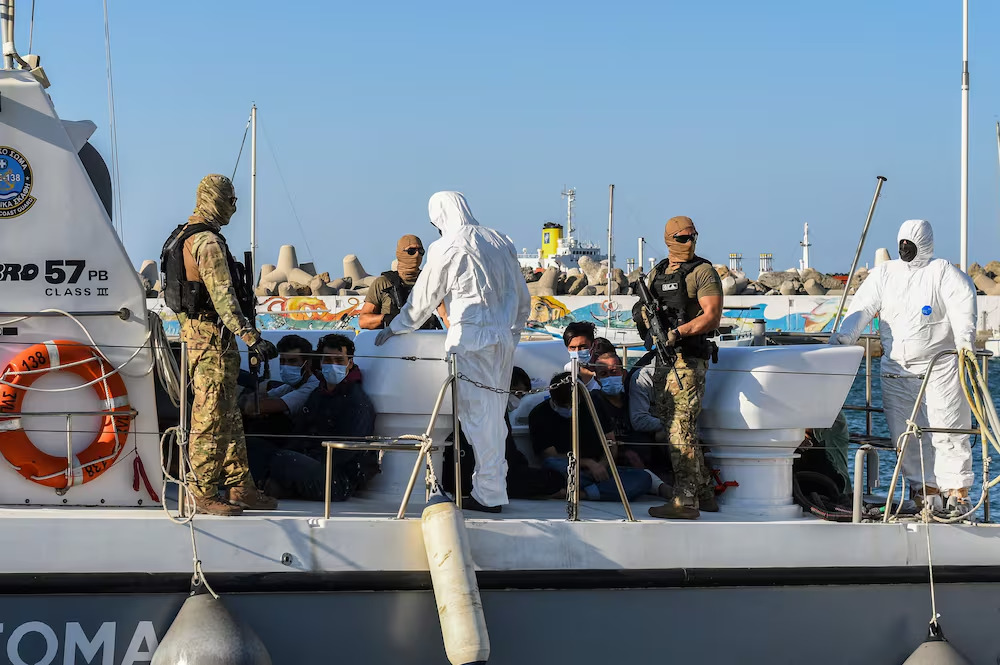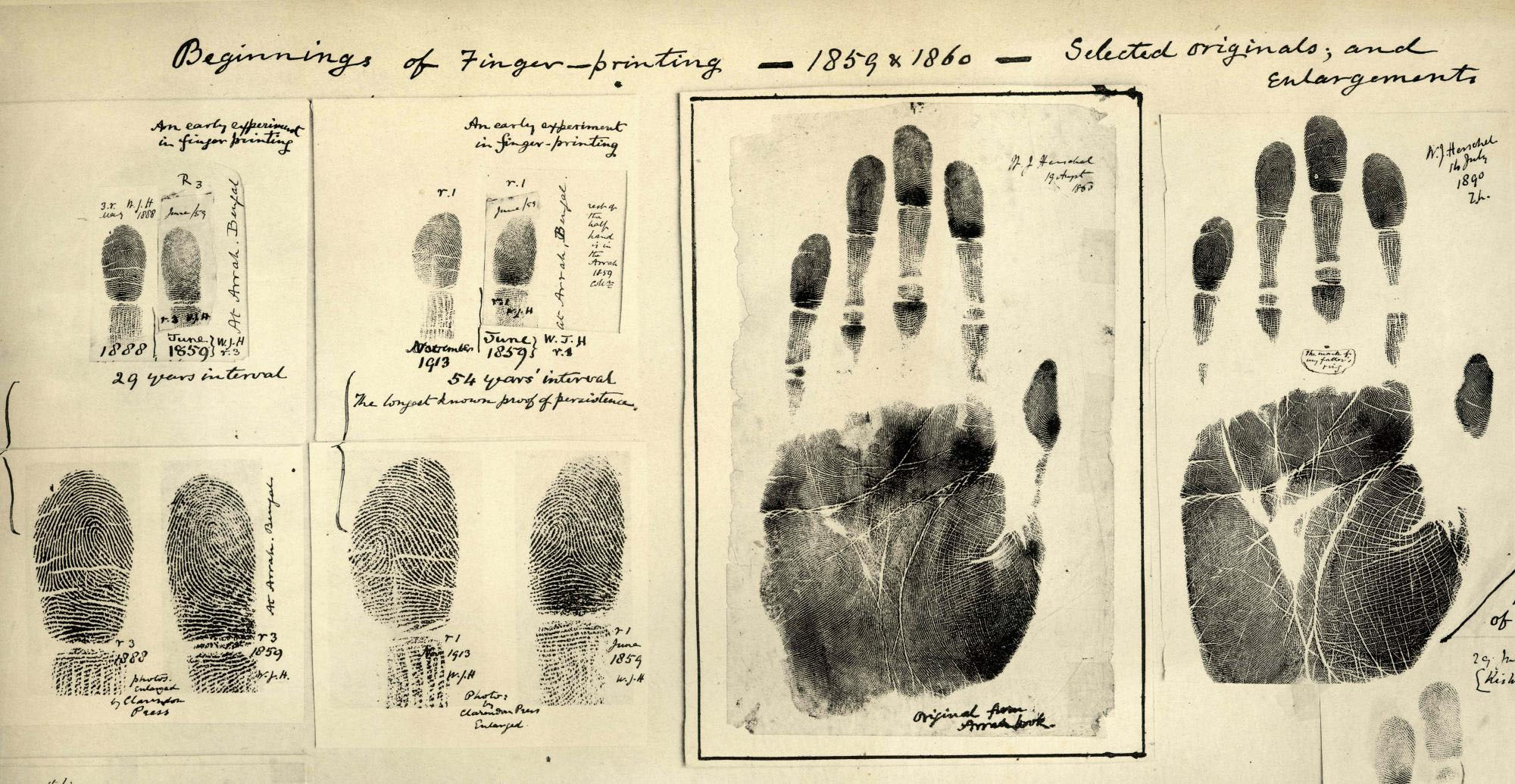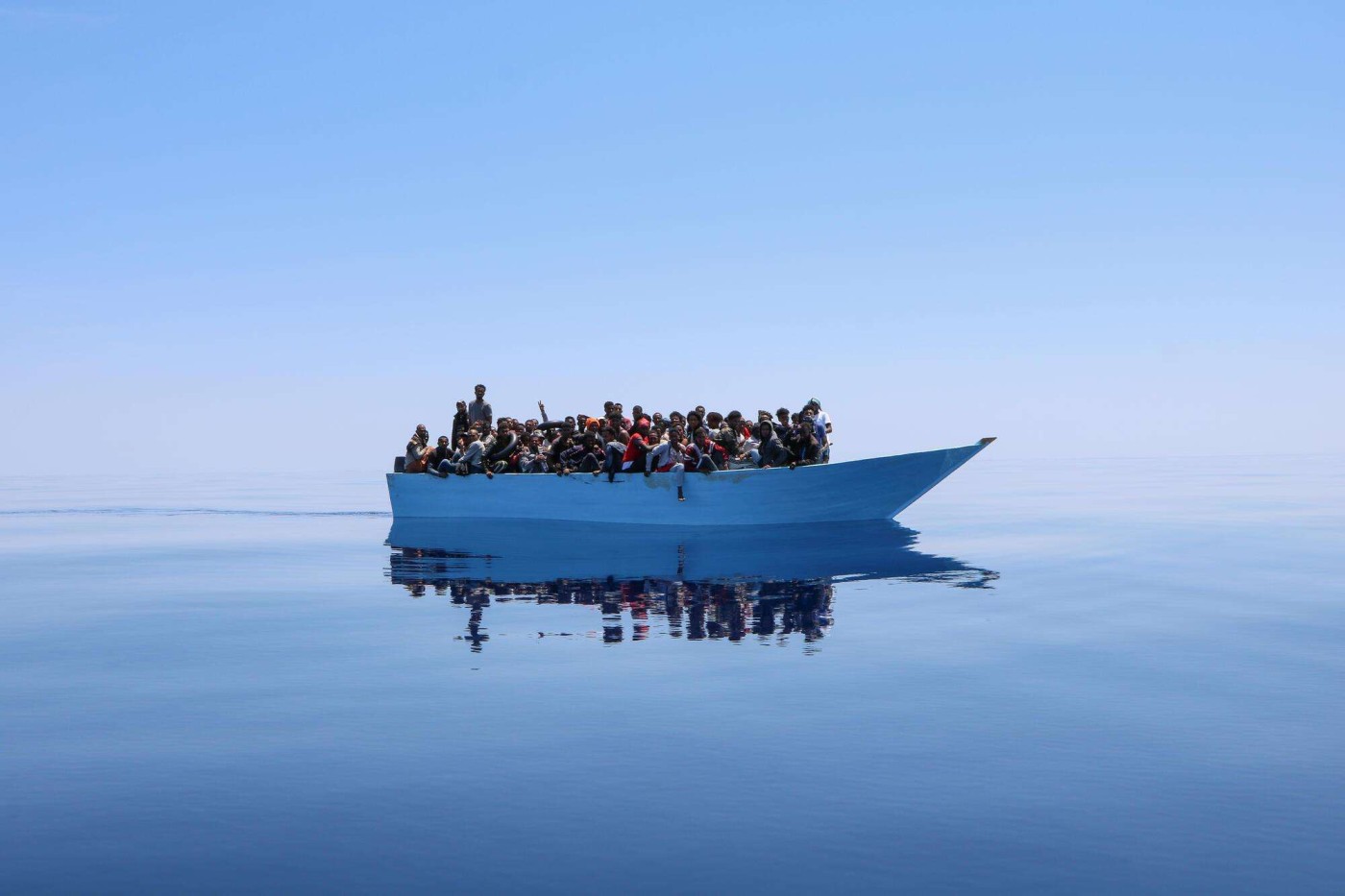Croatia, the last border
- People of different nationalities travel through the Balkans to reach the European Union. This is a journey that has become commonplace since the beginning of the so-called "migratory crisis" of 2015. But the road has been complicated since then. Movement cuts have been stepped up and police action has been sharpened, making the journey enormously difficult. Croatia, with the decisive support of the European Union, has become the last border to cross to reach the "real Europe", that of the Schengen Treaty. And the hardest thing.

Through forests, mountains and rivers, thousands of people travel every year nearly 200 km from Croatia and a small stretch of Slovenia to reach Trieste (Italy). From there they go to other European countries. Trieste is the beginning of a life and a new freedom. They are awaited by Gian Andrea Franchi and Lorena Fornasir to offer them clothing, food and protection, as well as to heal their wounds. Franchi and Fornasir are accused of promoting illegal immigration and await trial.
Wait north
of Bosnia, Biha? In other smaller towns of the cantonment Velika Kladuša and Una Sana, thousands of people accumulate to follow their journey to Italy. 70,000 have arrived in Bosnia in the last two years. Many of them live outside the designated enclosures, in abandoned homes and workshops and in tents when the cold is reduced.

There are many people from Afghanistan and Pakistan, but the range of nationalities is very wide. There are people from Syria, Iran and Iraq. Moroccans and Algerians are trying to travel the Balkan route from Turkey, where they can fly without visas. There are also many people coming from Bangladesh, and although some have travelled all the way through the land, most come from Dubai, Oma and Iran. Egypt, Libya, Palestine and Sudan, as well as India and Nepalgo. In the area of Velika Kladuša I have met people from Tibet and Mongolia, and in a nearby town, a Cuban who came from Moscow to Bosnia via Armenia, thanks to Cuba’s historic agreements with Russia.
Unlike Biha?, where most of those outside the enclosures are adult men, there is greater diversity in the Velika Kladuša area. There are many families with young children, most of them Afghans. There are also women and children who travel alone.
Most have been walking for years after passing through Greece. Many others have come across Bulgaria and Serbia. The Afghans, who have been fleeing the political situation in Afghanistan for years, see a hint of hope following the recent events in their country. However, rather than alleviating their transit restrictions or facilitating the demand for asylum, European borders are becoming more secure.
.jpg)
Life takes place in a modest normality. The constant concerns are food and daily hygiene. Various institutions, mainly German, supply them with clothing, food and hygiene items. They provide medical care and, in some cases, treatment. Entrepreneurs are very young, with a clear will for help. Although sometimes the number of people overflows, the behavior of volunteers is excellent and the bonds that emerge, sometimes with whole families, allow many stories to be shared. There are also local entities that work together. Zlatan Kova?evi?, founder of “Sos Biha?”, lost a leg in the Balkan conflict and has since decided to help the poor.
.jpg)
30 years later, on the walls of Biha? and Velika Kladuša still see the gunshot impacts of war. However, much of the population seems to have forgotten the site and suffering. Today, there is a climate of generalized tiredness that becomes an open hostility, both against the people in that transit and against the volunteers of different institutions. It's also true that part of the population helps these people who are on the road, and sometimes gives them water and food. In some cases they have been welcomed at home in winter. However, small groups of ultraderecha, with the help of the local press, regularly warm up the environment, organizing demonstrations against migrants. There have also been specific cases of aggression or harassment of volunteers. Cantonment authorities Una Sana have shown their intention to end the "problem" and have called on the Minister of Security and the Council of Ministers of Bosnia and Herzegovina to halt the flow of migrants. Also for the construction of a new framework for the relocation of them outside the cantonry. In recent months the number of squats evacuated by the police has increased.
.jpg)
.jpg)
The Game Everyone tries
to bring together what they need to go to "game." The aim is to cross the border with Croatia and continue to Italy. The Croatian Police normally wins in this game, but acting with little respect for human rights.
Some have tried to reach Italy on 20 occasions. Crossing the border is quite simple, as there are no walls or wires. In some places you can cross the border through a creek or through a forest or meadow. In fact, most of them are captured on the Croatian crossing. Hundreds of "pushback" are documented, i.e. the violent illegal returns made by the police. They chase people, they strip them away, they burn clothes and they take away money. Mobiles are also stolen or destroyed by the police. Police dogs often also die. Blows with minors and sexual abuse. An Afghan woman suffered police tweaks and raped a boy with a branch, for example. Failure to comply with European legislation means the systematic elimination of asylum claims and family reunification. Some of these returns are the “chain pushback” that takes place from Slovenia and sometimes from Italy and in which the police of these states participate in coordination.
.jpg)

On 2 April this year, Border Violence Monitoring Network, made up of several entities, published a special report on testimony No. 1,000. Police violence and abuse, and sometimes torture, at the borders of the Balkans: a thousand cases in the last four years have affected more than 15,000 people. In 75% of cases, people have been beaten and in 20%, the police have used the pistols. Many pushback destinations in Bosnia, mainly the Una Sana cantonment. It is clear, as the report mentions, that violent returns are an institutionalised instrument and not individual or isolated actions.
Before, in 2020, BVMN presented the black book of Translations in two volumes. The European Left published it and presented it to the European Parliament, demonstrating that Member States and EU agencies have committed extreme violations of human rights. On the other hand, several independent media have also obtained images of violent returns.
Many videos recorded by the victims of the returns show physical injuries, some serious, caused by the police. The Croatian Police have devices that detect drones, infrared cameras, thermal cameras and heartbeat. All of this is funded by the European Union and with the logistical support of Frontex. Brussels has paid Zagreb EUR 41 million in exchange for managing borders in the last five years.
.jpg)
As if this were not enough, these people are faced with a complex orography, a sharp crossing of runaway rivers and a temperature below zero in winter. Many have been drowned to death in the rivers. They always move away from the roads, usually through the forests, fearing being seen. They are often denounced by peasants or inhabitants of small towns. In turn, there is a risk of anti-personnel mines. In March of this year, one person died and four others were seriously injured as a result of the explosion of pain in the Sabors region. Despite the fact that demining campaigns have been launched in recent decades, there are still 258 square kilometres of sorrow in Croatia.

Some of those who failed to complete the crossing are buried in a corner of the Biha cemetery? There are a dozen tombs with "NN," Nomen nescio in Latin, unknown name, unidentified person. There's also a child named Noman, a month before he turns the year. Some of these people were drowned to death, others were killed by squat fire and others by sickness, but all died as a result of the conditions suffered during their migratory journey.
.jpg)
.jpg)
.jpg)

Walking 225 miles hidden in the woods is a real bravery. It runs through beautiful natural spaces, such as the Risnjak National Park or the Italian Riserva Naturale della Val Rosandra. In some sections, the route connects with the Dynamic Road, the Great Route that crosses the Balkans. There's a lot of biodiversity on the road, and it's not hard to find bears.
But idyllic areas can become infernos. These people face walking without specific training or adequate food. They do not have adequate equipment, state-of-the-art GPS or supplies, as well as avoiding the local population and sophisticated police surveillance resources.
The end of the
road is closer to the border with Slovenia. The last few hours are spent on Italian territory until it reaches Trieste. In Piazza della Libertà, opposite the train station, the founders of Gian Andrea Franchi and Lorena Fornasir, Line d'Ombra, have been helping people for years when they arrive hungry, tired and with their feet crumbled.
In 2015, when migratory flows from the Balkans begin to end in their city, Franchi and Fornasir, retired physiotherapists and philosophy teachers, did not hesitate to help them. Since then, every afternoon, from Monday to Sunday, they try to turn Piazza into a place of welcome.


On a Monday of February this year, at 5 a.m., the police entered their home with a complaint about the promotion of illegal immigration and seized the institution's computers and documents. Since then, Franchi and Fornasir are in a judicial process that aims to criminalise solidarity, as happened with Carola Racquet, the German maritime captain who refused to comply with the order not to land 50 people in Lampedusan, or with Cédric Herrou in the Alps for helping to move from Italy to France and with many other entrepreneurs and collectives.
In the plaza you see hugs, smiles, joy and uncertainty. On many sides you see expressions of credibility, trying to internalize that persecution has ended and that from then on everything can be a little easier. Lorena Fornasir focuses on cleaning wounds and putting bandages, without just raising his head, while other members of the organization are distributing water and food.
This Piazza della Libertà de Trieste has become the target of the macabre "Ultra trail of the Balkans". All these people who come from Bosnia come in search of that ‘Libertà’, the same freedom that they say they defend the institutions of the armored Europe.

"Segurtasun gehiago, inmigrazio gutxiago". Bruno Retailleau barne ministro frantsesa argi mintzatu da, kargua hartu berritan. Etorkinen gaineko kontrola azkartu nahi du Michel Barnier lehen ministro eskuindar-kontserbadorearen gobernuak, eta jada Retailleauk aitzinatu... [+]
Europar Batasunean berriki onartu den Migrazio Itunak, asko zaildu dizkie gauzak euren herrialdetik ihesi doazen eta asiloa eskatzen duten pertsonei. Eskuin muturraren tesiak ogi tartean irentsita, migratzaileentzako kontrol neurri zorrotzagoak onartu dituzte Estrasburgon,... [+]
Migratzaileen kopurua anitz emendatu da Irun eta Hendaia arteko pasabidean. Irungo Harrera Sareak ohartarazi duenez, otsailean 600 pertsona lagundu dituzte, iaz, urte osoan 2.700 izan zirelarik. Iragan urtarrilean, 2.700 etorkin heldu dira Kanariar Uharteetara, egunero 80... [+]









